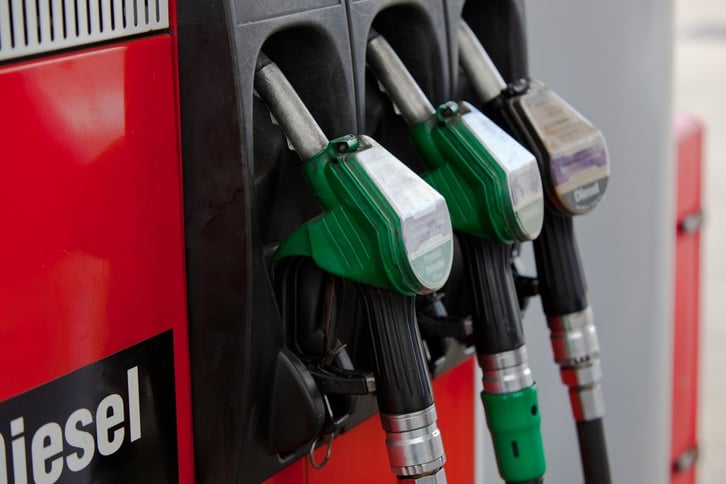
Fuel efficient driving these days is essential for companies looking to minimise their global fleet costs, with the added benefit that ecodriving is also safe driving—switching drivers to such a style would not only benefit your pocket, but also the global safety of your company and its efficiency to boot.
On the other hand, it seems that not a lot of companies have grasped the importance of this concept according to the results of some recent research. The insurance company Direct Line has in fact conducted research on driver behaviour and concluded that excessive braking and acceleration particularly contribute to increase fuel spend. The results of their studies were published in Fleet News in the middle of February.
According to Direct Line, drivers applying a gentler, smoother style could boast more mileage than those who did not, thus extending the time between their visits to the fuel station. Apparently, according to Direct Line sources, this reduces the average filling visits from 20 to 12 per year, reducing the annual fuel bill by 40%.
The study carried out by the insurance company considered more than 319,000 journeys by 2,000 drivers.
Responding to the conclusions of the study, the company Licence Check added that “It is a well-known fact that bad driving styles can have a huge influence on fuel consumption, as well as increase the likelihood of a motor accident. Bad driving habits will also accelerate wear and tear on the vehicle, affecting running costs and lowering residual values. This new research shows that fleet managers can immediately and significantly reduce their annual fuel costs, if driving styles are improved.”
Fuel and fleet savings might come from many other sources which you can only capitalise on if you start monitoring your fleet fully. In this way you will notice the areas where there is room for improvement and can therefore work on attaining some significant savings.
Monitoring driver behaviour is one of the keys to the adoption of fuel efficient driving styles, which actually improves global safety and helps achieve greater fuel savings. Training drivers to switch to a more fuel efficient style is a long-term fuel saving strategy: if your team adopts ecodriving, you will appreciate the positive results of it in the long run. If you instead concentrate on just having a lower fuel price as a strategy, you can maybe enjoy the benefits when prices actually decrease, but their evolution can be so unpredictable that you cannot really count on advantageous fuel prices all the time.
Moreover, if you had a complete fuel management system, you could also pick out and address other sources of excessive fuel spend, such as the misuse of fuel cards or fuel theft.
Technology today has the power to help you decrease fuel expense as well as global costs and also to help you manage a safe and efficient fleet. If you want to know more on how to generate fuel savings for fleets, or how to optimise your fleet operations, contact us for a talk and even a SynX demo, it will really make your life surprisingly easier (and your bills considerably lower…).



